June 17, 2024 | Digital Marketing , AI, Azure
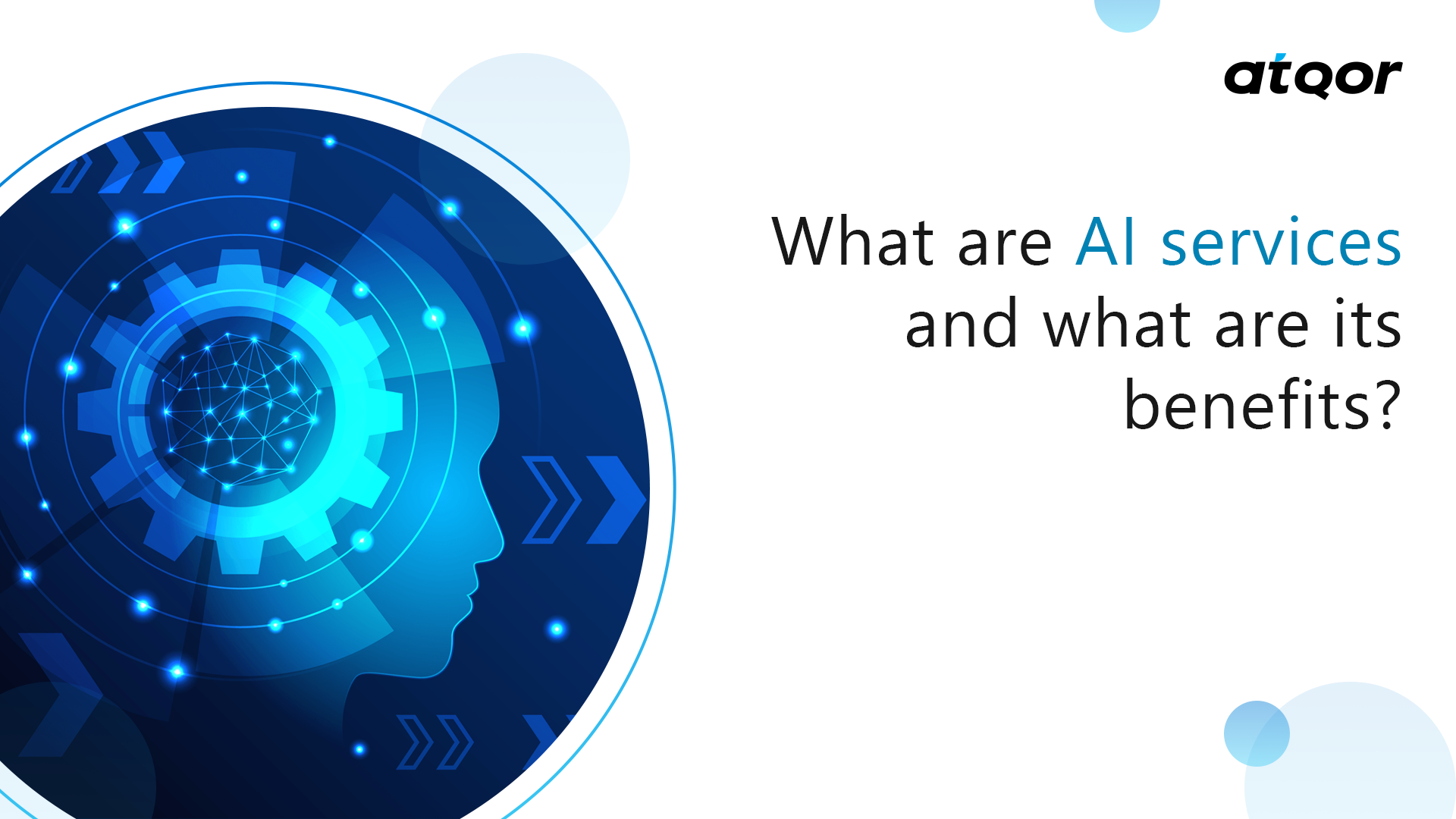
Artificial intelligence can affect your whole business world with new ways of operations and competition. It refers to using computers that imitate human intelligence to make decisions and solve problems. Many businesses use AI to increase productivity, make better decisions, and increase customer satisfaction.
In this blog, we seek to establish a strong foundation for what AI services are and the value proposition that they provide to the corporate world.
We will discuss major AI products like Azure AI, Azure OpenAI, and Copilot, and we will see how these technologies enable businesses to be instrumental in sustaining their competitive advantage. Irrespective of the type of business, be it a small business or a large enterprise, having insights into AI can indeed be beneficial for you in shaping your business technology in the future.
AI services mean that you are using a category of applications that work with Artificial Intelligence to perform some functions. Some of the most important examples of AI applications include personal assistance like Siri and Alexa, then we have recommendation systems on Netflix and Amazon, and the most high-tech and famous ones are self-driving cars like Tesla.
AI services are of different types, and the idea is to have each type address different problems. Here are some of the main types you might come across:
Machine learning (ML)
ML is a branch of AI that primarily deals with developing models that learn and enhance themselves from the data provided without much coding.
Examples: Some of the common examples in emails are spam, filters and then manufacturing, predictive maintenance, and finance, fraud detection.
Natural Language Processing (NLP)
Most simply, we can define NLP as the process by which machines can comprehend human language and communicate in it. Some of the areas include text and speech recognition, language translation, and sentiment analysis.
Examples: virtual assistants, customer service robots, language translators, and tools for analyzing customer sentiment on social media.
Computer Vision
This field of AI enables a computer to understand images and information from the surrounding environment with the help of computer vision.
Examples: automated car navigation, robot control, and security applications, such as detecting faces in a crowd, defect inspection in manufacturing industries, and medical diagnosis.
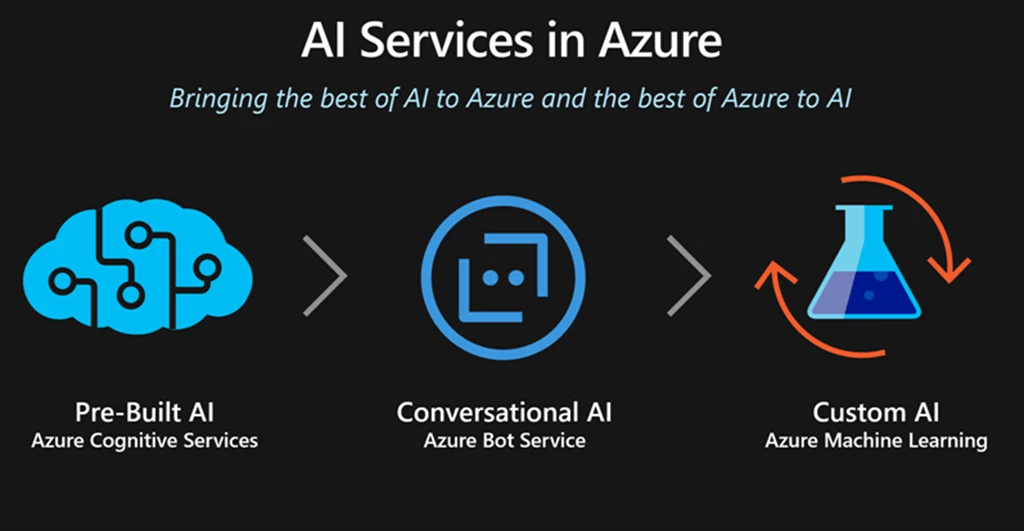
We can define Azure AI as the collection of AI services and resources in the cloud. It helps developers and businesses build, deploy and maintain AI solutions.
Components of Azure AI
Azure Machine Learning
Model Training and Deployment: Azure Machine Learning is designed for developers, and it allows them to train, deploy, and manage their models. This service is useful if you need to solve linear systems as well as train a neural network.
Automated Machine Learning (AutoML): If one is not so conversant with machine learning, AutoML helps in making these decisions on its own, builds the most appropriate model, and optimizes it as well.
MLOps: Azure Machine Learning, namely, MLOps, or the continuous integration and continuous delivery of the models.
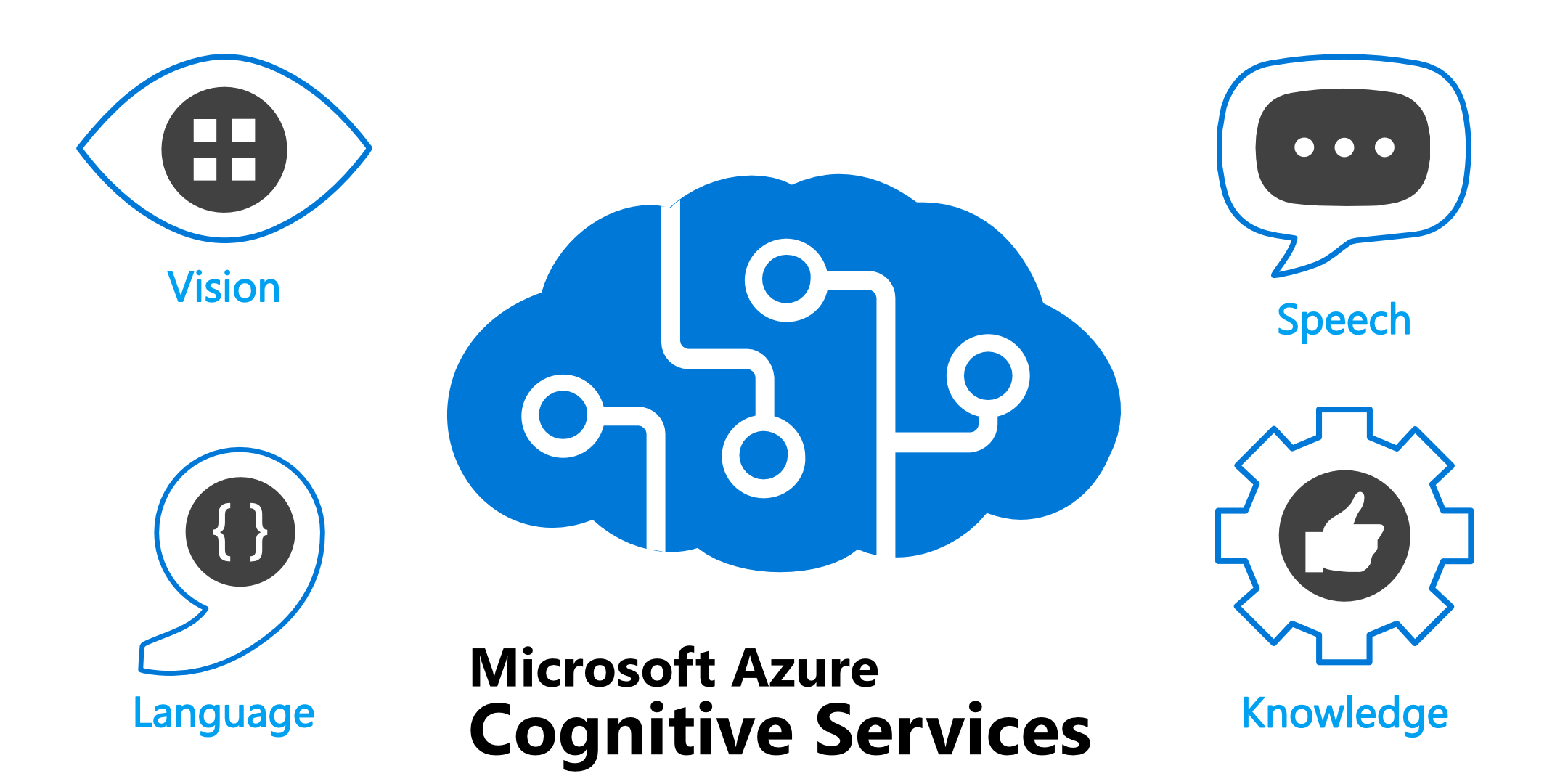
Vision: It includes components like image classification, object detection, or facial recognition. These tools should be used to analyze visual content that you come across and incorporate the findings into your strategy and approach.
Speech: Speaks in the areas of speech recognition, speech synthesis, and translation. It will also be useful in developing applications that incorporate spoken language in responding to application users.
Language: It has the capacity for text analytics, language comprehension, and translation, and it also has NLP as a feature. They can enhance customer interaction and, at the same time, act as an alternative to conventional work-related activities.
Decision: Consists of functionalities like anomaly detection and content moderation, which help in giving insights into organizational decisions.
Azure Bot Service
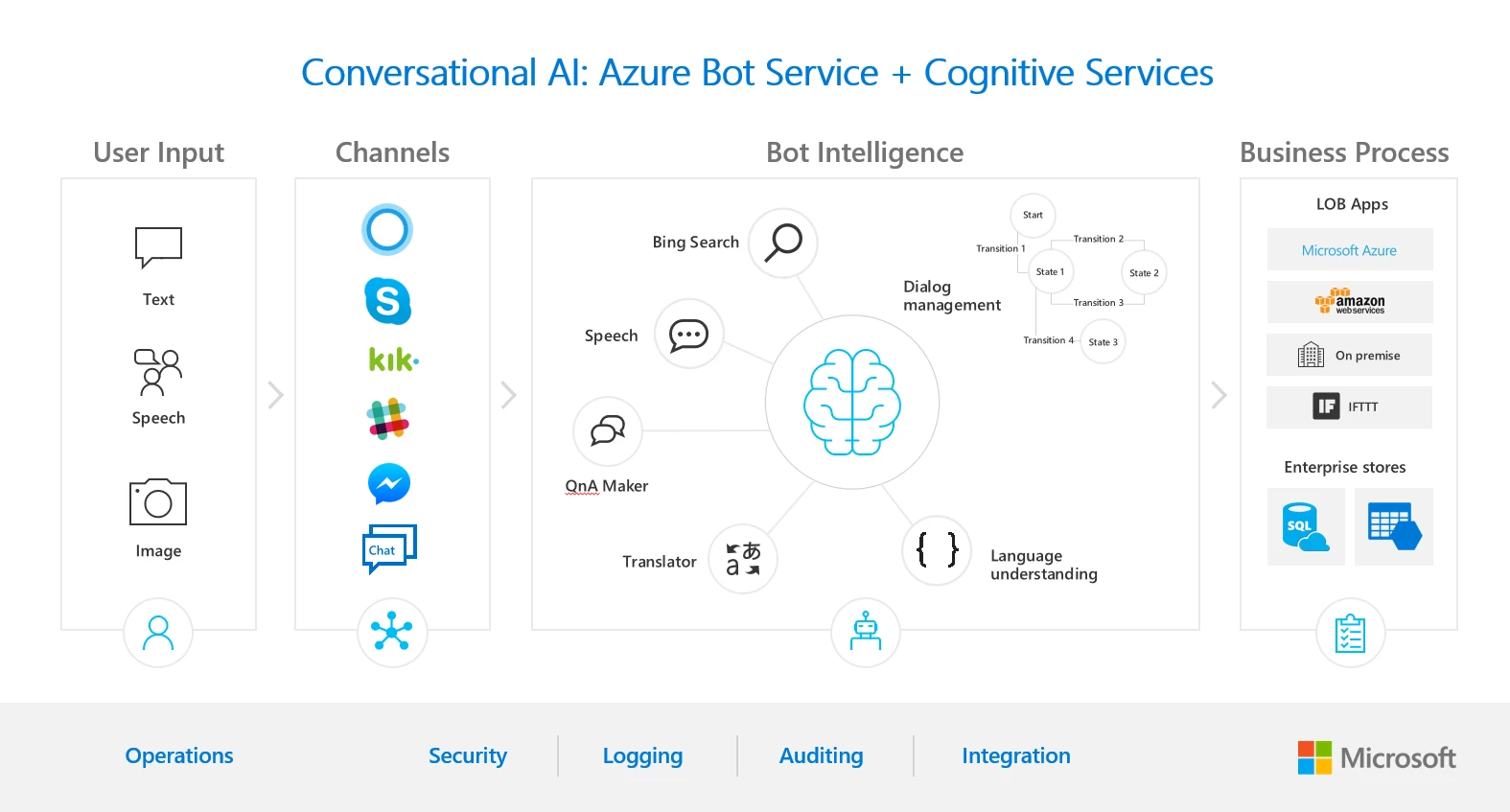
It allows you to design, deploy, and manage your bots that can interact with users on web, mobile, and even messaging interfaces.
AI-Powered Conversations: These bots leverage the Azure AI service to make it possible for them to understand users’ questions and guide them to the best conversational experience.
Azure OpenAI
Azure Open AI is a collaboration between Microsoft Azure and OpenAI that offers cloud solutions and artificial intelligence solutions. The cooperation is designed to make AI even more accessible and ensure that the benefits of using it become more pronounced for companies of all sizes. Here’s what it means:
Key services offered by Azure AI
Azure OpenAI can significantly enhance a vast number of activities for a company or organization. Here are some of the core services: Listed below are some of the main service areas:
Natural Language Understanding and Generation: GPT-4 and Azure Open AI can understand and reply to human language and can be integrated into advanced applications like chatbots, content creation, and translation.
Conversational AI: Improve the ability to develop chatbots with natural language processing to have meaningful communication with customers, hence enhancing customer satisfaction.
Integration with Azure AI Services: Compatibility with other Microsoft Azure AI services, including Azure Cognitive Services and Azure Machine Learning, also offers a comprehensive solution to different issues a business may face.
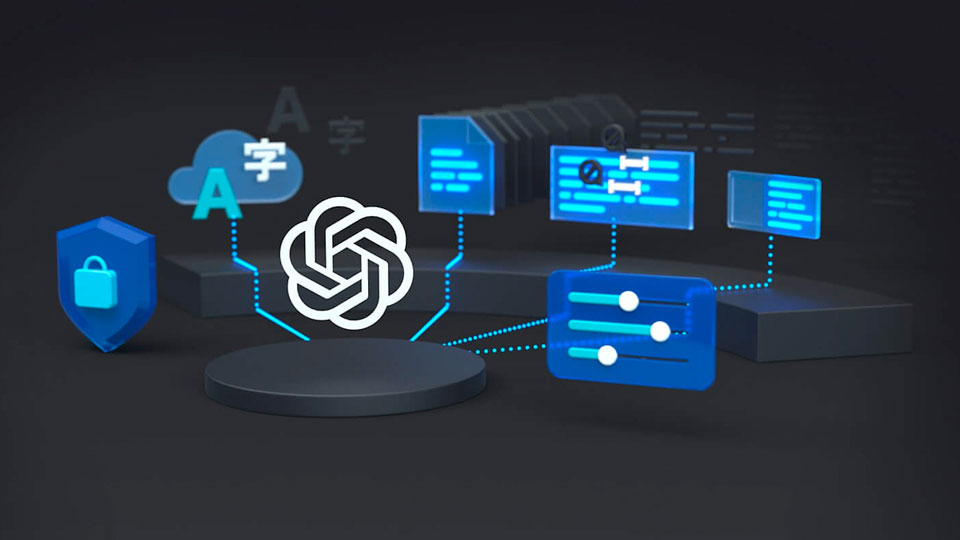
The integration of OpenAI’s models with Azure’s infrastructure offers numerous benefits for businesses:
Enhanced Customer Interaction: Through the adoption of new conversational AI in their approaches, companies can provide their consumers with the right and timely assistance they need, thereby improving satisfaction levels and boosting customer loyalty.
Streamlined Operations: It streamlines the operations, which means liberating human resources from repetitive work so that they can do more meaningful work in terms of challenge and creativity.
Data-Driven Insights: Business applications of big data, analytics, and predictive modelling help the business to operate efficiently and determine the trend that is relevant to the firm.
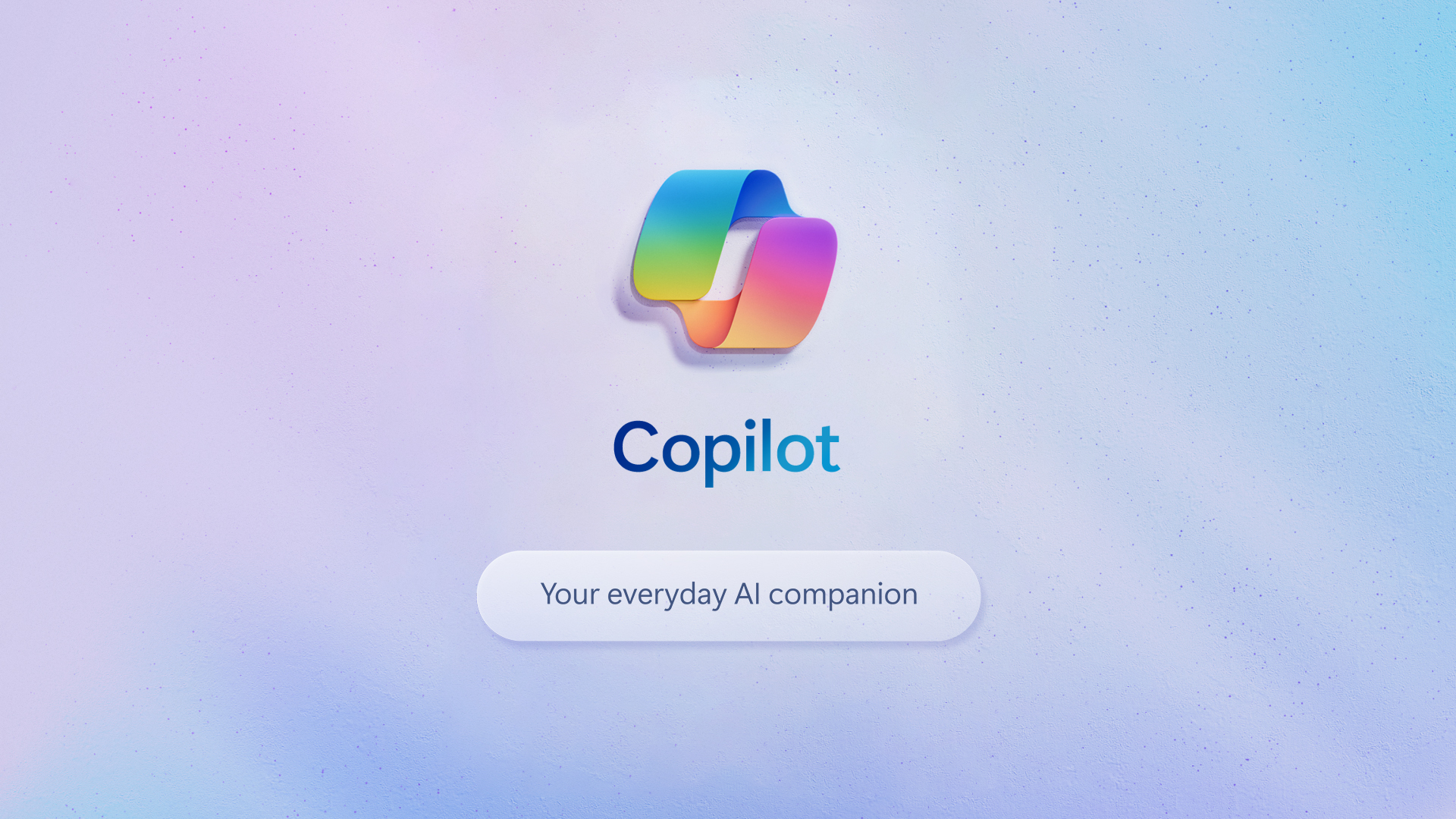
Copilot is an extended AI that is developed by GitHub in partnership with OpenAI. That is why it fulfils the role of providing hints to developers as well as providing code samples and performing repetitive coding tasks.
The use of Copilot is to improve the productivity of developers and save time that can be spent on various less engaging activities; thus, the goal of Copilot is to assist developers in solving more complex tasks rather than engaging them in routine.
How does Copilot work?
Integration: First, Copilot is embedded in typical software development environments like Visual Studio Code, meaning users are not interrupted by the tool.
Code Suggestions: When you code, it gives you a suggestion of whole lines or blocks of code related to what you are doing. These suggestions are derived based on the vast amount of code in which it was trained, including open-source repositories and other public code.
Learning and Adaptation: The important feature is that Copilot is not like many other IDEs, which do not improve with time; Copilot learns from code. It identifies your coding style and preferences as soon as you create it, thus making its consultation more meaningful in the future.
Benefits of Copilots
Increased Productivity: Copilot allows developers to avoid repetitive tasks involved in coding, hence leaving the creative work that demands problem-solving to the programmers.
Error Reduction: Copilot helps reduce the occurrence of recurrent coding errors by providing the right code based on the surrounding environment.
Learning Tool: It is also very good for less experienced developers to be able to learn from the code that Copilot is providing.
Wrap-Up
As we discussed in this blog, AI can represent a new horizon of opportunities and improvements for your company. So, why wait? Begin discovering how AI can transform your business now and advance to the next level. It is now time to start innovation!